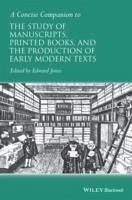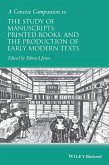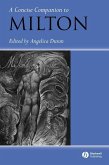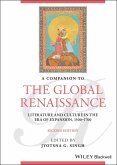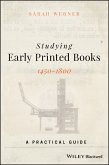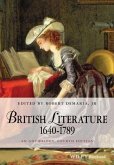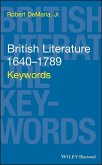Bringing together a broad range of case studies written by a team of international scholars, this Concise Companion establishes how manuscripts and printed books met the needs of two different approaches to literacy in the early modern period.
- Features essays illustrating the particular ways a manuscript and a printed book reflect the different emphases of an elite, private and an egalitarian, public culture, both of which account for the literary achievements of the Renaissance
- Includes wide-ranging essays, from printing the Gospels in Arabic to a contemporary reconceptualization of Shakespeare's Titus Andronicus
- Increases accessibility through a rubric organized around archival and manuscript studies; the provenance of texts and the authority of editions; and studies of genre, religion and literary history
- Announces the recovery of archival documents, which in some instances are over four hundred years old
- Places translations of Milton's Latin, Greek, and Italian alongside the original texts to increase accessibility for a wide audience of students and scholars
- Provides an invaluable platform for highlighting on-going attention to the history of the book and its corollary subjects of reading and writing practices in the 1500s and 1600s
Dieser Download kann aus rechtlichen Gründen nur mit Rechnungsadresse in D ausgeliefert werden.
"A valuable set of essays by major scholars analyzing reading, writing, and transmission practices as they pertain to Early Modern English manuscripts and printed books. The essays illustrate general principles by close examination of a particular text, including several by Milton and Shakespeare." Barbara Lewalski, Harvard University

